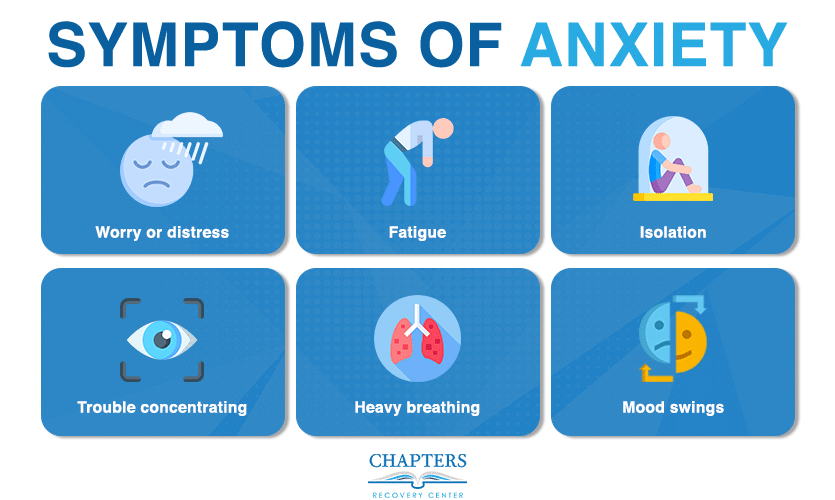When it comes to addiction treatment, no two treatment plans are alike. While many people might suffer from the same type of addiction, everyone has different and unique needs. What might work for one person might not work for another person. That’s why custom treatment plans are created for each person once they enter into treatment, instead of just being handed a cookie-cutter plan.
This is just one of the reasons why there are so many different treatment options available at various treatment centers, such as IOP vs PHP.
Why Are There So Many Different Treatment Options?
 The ultimate goal of treatment is to get clean and sober. How you get there though, depends on the path you take and the treatment plan that you choose. Since no two addictions are alike and no two treatment plans are alike, it is important for treatment centers to have a variety of treatment options available to fit everyone’s needs. This gives the person in treatment the best chance to get sober.
The ultimate goal of treatment is to get clean and sober. How you get there though, depends on the path you take and the treatment plan that you choose. Since no two addictions are alike and no two treatment plans are alike, it is important for treatment centers to have a variety of treatment options available to fit everyone’s needs. This gives the person in treatment the best chance to get sober.
There are four main types of treatment, each with its own unique set of advantages:
- Inpatient treatment
- Outpatient treatment
- Intensive outpatient treatment
- Partial hospitalization program
Choosing the right program can come down to personal preferences such as your budget, what your insurance will cover, or if you are willing to live at the facility full-time for the duration of treatment. It can also come down to what your treatment professional deems necessary based on the severity of your addiction.
What Is Intensive Outpatient Treatment?
Intensive outpatient treatment (IOP) is one of the many different types of addiction treatment available at many different treatment centers. As the name suggests since the treatment is outpatient, the person in treatment comes to the facility during the day for their various therapy sessions and other treatments and then returns home to their regular life. This allows the person the freedom and ability to continue their daily commitments since they are not required to live at the facility. Since they are not under 24-hour monitoring though, it is important that anyone choosing IOP has a safe, supportive, and sober home environment.
How Does IOP Work?
What is a Partial Hospitalization Program?
A partial hospitalization program, also known as PHP, is an addiction treatment program that is one step below inpatient treatment. As a result, it is considered more intense and IOP and there is more of a time commitment involved. Similarly to intensive outpatient treatment, those in a PHP program will come to the facility for treatment and then return home, however, the average PHP program involves more visits to the facility for longer periods of time. Additionally, those in a PHP program might have access to services that those in intensive outpatient treatment, including many of the same services that those in inpatient treatment have access to.
What Can I Expect From a Partial Hospitalization Program?
During intensive outpatient treatment, you might only go to the facility 3 days a week for a couple of hours each day. Partial hospitalization programs often require patients to be at the facility 5 days a week for up to 8 hours a day. While an intensive outpatient program might be considered “part-time”, PHP is much more of a full-time commitment. Those in a partial hospitalization program will have a very similar experience to those who are in inpatient treatment with the main difference being that those in PHP get to go home at the end of the day.
Who Benefits the Most From Partial Hospitalization?
Partial hospitalization is ideal for someone who might benefit from the structure that inpatient treatment provides but is unwilling or unable to enter into an inpatient treatment program or it is deemed that they don’t require inpatient treatment. Additionally, someone who has recently completed an inpatient treatment program and is still looking for that same structure as they begin aftercare treatment might benefit from PHP as well.
Where Does Detox Fit In?
Regardless of if you choose an intensive outpatient treatment program, a partial hospitalization program, or another treatment program, the first step before any treatment can begin is to undergo detox. Detox is done in order to rid the body of any and all harmful substances so that the body and the brain can begin to heal.
Detoxing can be done at a local medical facility, a dedicated detox center, or a treatment center that also offers a detox program such as Chapters Recovery Center. Attempting to self-detox can be dangerous and even potentially life-threatening. It can also lead to an increased risk of a relapse.
For those who might have had a particularly difficult detox process, or are still in need of extra medical attention as they begin their treatment process, inpatient and partial hospitalization programs might be best for them.
How Do I Pick the Right Treatment Program For Me?
With so many different treatment options to choose from, picking the right one might seem overwhelming to the point where it can make your head spin. In many cases, a treatment professional will recommend a program that is right for you based on the severity of your addiction and your needs. However, there are some factors to consider when choosing the right program for you.
Cost
Want To Know More About IOP vs PHP?
 Choosing the right treatment plan can be just as important as making the decision to get help for drug and alcohol addiction. Addiction treatment is only as effective as the effort that you put in so choosing the right treatment program is crucial.
Choosing the right treatment plan can be just as important as making the decision to get help for drug and alcohol addiction. Addiction treatment is only as effective as the effort that you put in so choosing the right treatment program is crucial.
At Chapters Recovery Center we understand the importance of not just picking the right treatment plan, but also that the same treatment plan might not work for everyone. That’s why we offer a variety of treatment options including:
- Detox
- Partial Hospitalization Program
- Intensive Outpatient Program
- Outpatient Treatment
- Inpatient Treatment
- Aftercare programs
We also treat a wide variety of substances of abuse as well as co-occurring disorders. If you or someone you know is in need of treatment, contact us today. We want all of our clients to go on and live a healthy, happy, and sober life.








